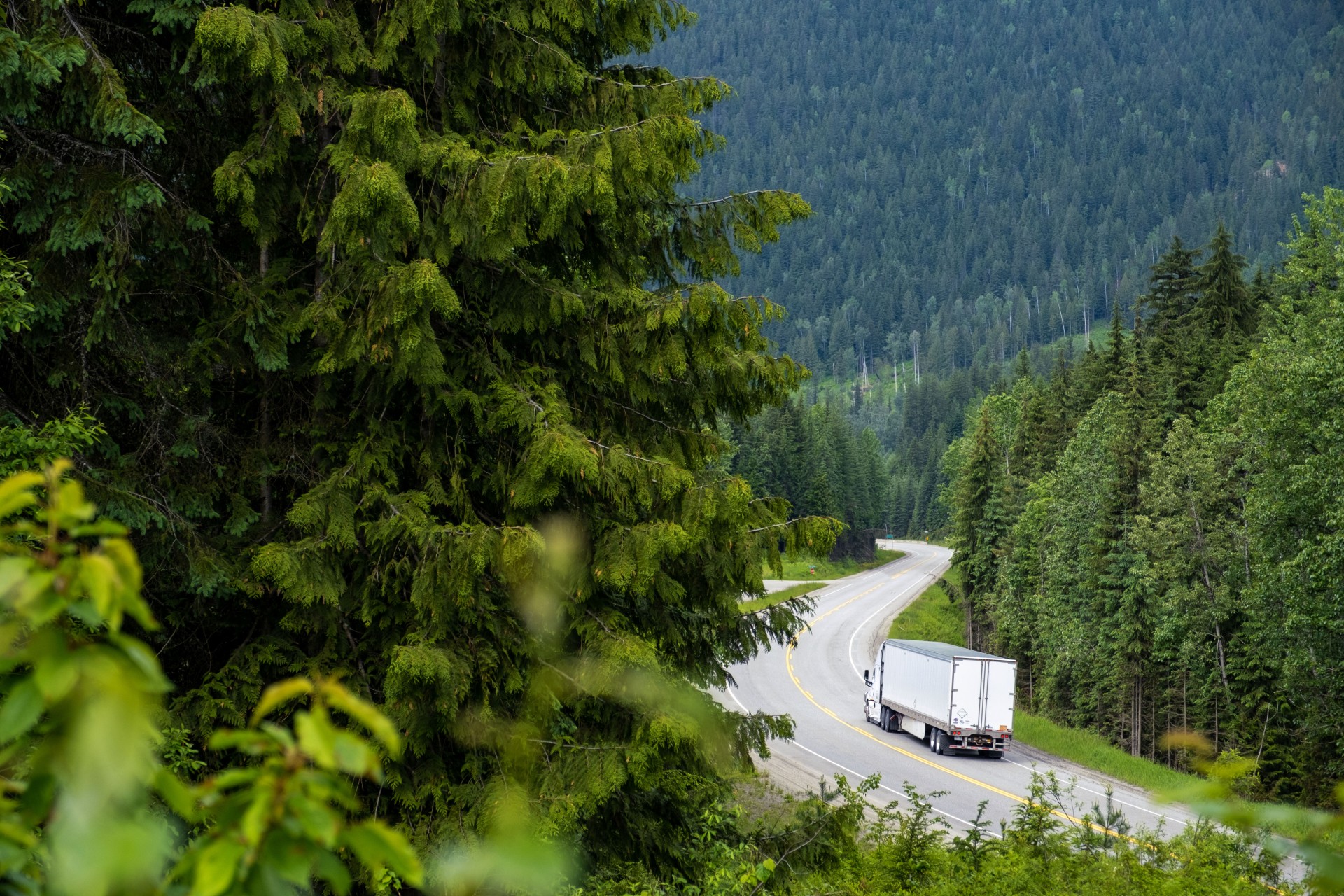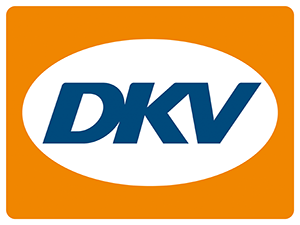Alternative Fuels in Action: Hawa Freight GmbH on the Benefits and Challenges of HVO100

As the demand for sustainable energy solutions grows, HVO100 is emerging as a potential game-changer in the fuel industry. In response, DKV Mobility is actively expanding its acceptance network for alternative fuels, now offering access to one of Europe’s largest HVO100 networks — with nearly 1,800 fuel stations across 15 countries.
To understand the real impact of alternative fuels, we sat down with one of our valued customers, Hawa Freight GmbH, to learn about their journey toward a more sustainable fleet and their experiences using HVO100. Waldemar Holzhause and Andreas Alt shared their insights into the practical challenges they faced and the positive feedback they've received from their own customers and partners.
Newsroom: What were your first impressions of HVO100 compared to conventional diesel?
Hawa Freight GmbH: Our first impressions of using HVO100 compared to conventional diesel were consistently positive. For example, the smell is noticeably less intense, which significantly improves the working environment for our team. Overall, it's a more pleasant experience for everyone involved.
Newsroom: How does HVO100 affect the fuel consumption and range of your vehicles?
Hawa Freight GmbH: After carefully analyzing our data, we haven’t observed any significant differences in terms of fuel consumption or range when using HVO100. This level of comparability with conventional diesel is precisely what makes HVO100 such an attractive alternative for us — sustainability without compromise on performance.
Newsroom: Were there any challenges or surprises when switching to HVO100?
Hawa Freight GmbH: Certainly, we did encounter a few challenges and unexpected situations during the transition to HVO100. Probably the most prominent challenge was the limited availability of refueling infrastructure, which meant that we had to adapt our routes and refueling strategies accordingly. Additionally, our employees needed specific training to understand the intricacies of using HVO100 and our tank management had to be adapted as well.
Newsroom: What role did the environmental friendliness of HVO100 play in your decision to use it?
Hawa Freight GmbH: Environmental friendliness was indeed a decisive factor in our decision to switch to HVO100. The more sustainable properties of HVO100 fit very well with our company's goals of reducing our environmental footprint and pursuing a responsible business strategy. Switching to HVO100 was a natural step to achieve these goals.
Newsroom: Have you already received positive feedback from customers or partners regarding your use of HVO100?
Hawa Freight GmbH: Absolutely, we have received positive feedback on the use of HVO100 from both customers and partners. Many of them appreciate our commitment to exploring greener alternatives and see our shift to HVO100 as a clear step in the right direction for more sustainable mobility.
Newsroom: Do you plan to further expand the use of HVO100 in your fleet?
Hawa Freight GmbH: We certainly do. We see significant potential in scaling up to support our sustainability goals even more effectively. By expanding the use of HVO100 in our fleet, we hope to improve our environmental footprint in the long term and continue on our path towards sustainability.
Infotext:
Hawa Freight GmbH is an experienced transport company from Kehl, Baden-Württemberg, which specializes in the Europe-wide truck transport of part and full loads. With speed, fairness, and flexibility, HAWA offers its customers access to hundreds of vehicles and stands for reliable and efficient transport solutions. Thanks to its unique network, HAWA Freight not only helps to reduce empty runs and downtimes, but also to minimize CO₂ emissions - a win-win situation for customers and the environment alike.
